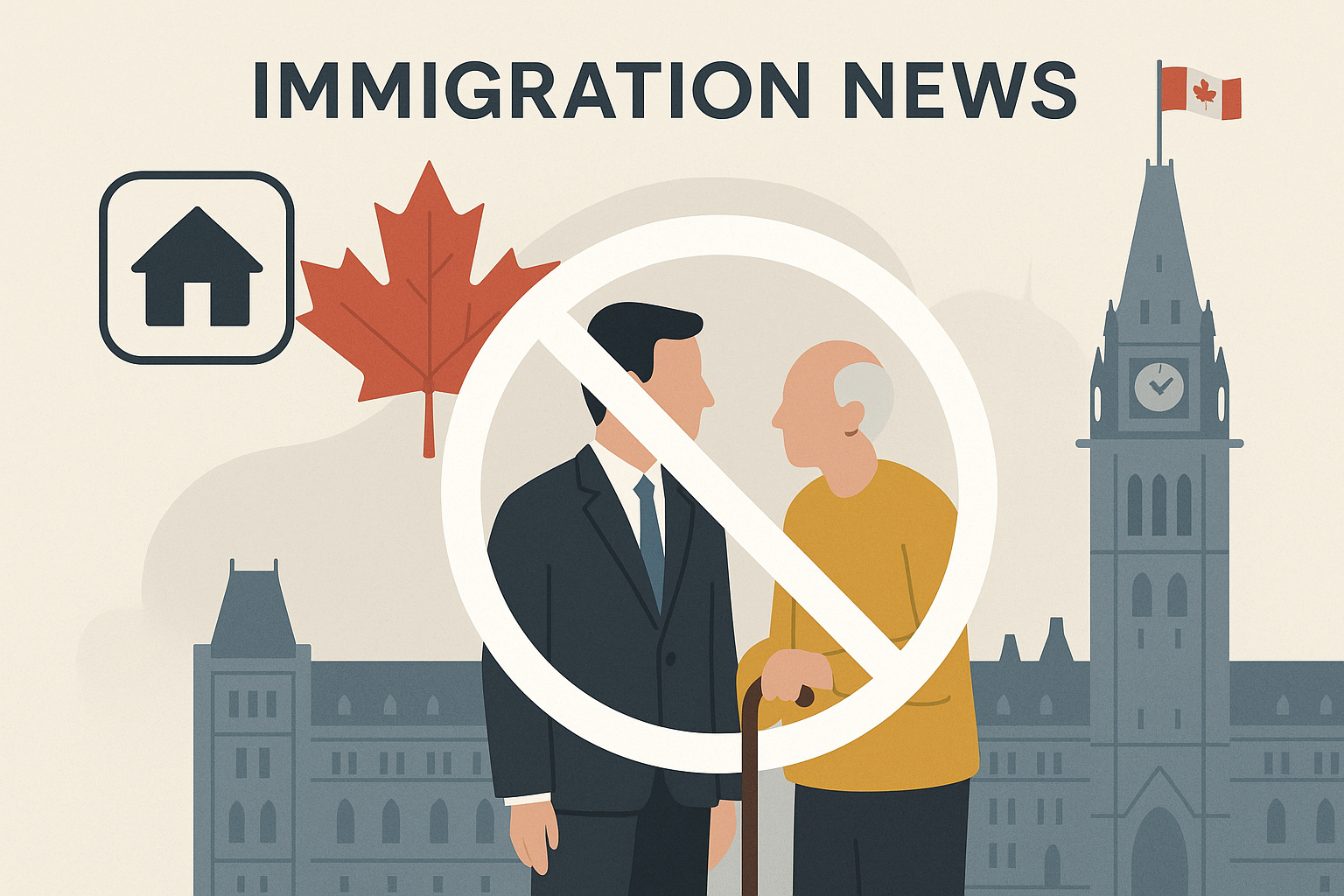
A Sept. 15 article alleges Canada’s Startup Visa backlog now amounts to a 35‑year wait as admissions stay microscopic, leaving applicants delayed and work permits stalled. Critics say the SUV lacks guaranteed investment or job‑creation requirements and urge a federal entrepreneur program tying PR to capital‑at‑risk, measurable job creation, and tighter oversight of designated organizations.
Soheil Hosseini
September 15, 2025
Jurisdiction
Federal
Week
Week 38
Impact
Moderate
Programs Affected
Canada’s Startup Visa Backlog Creates 35-Year Wait as Critics Demand a Real Entrepreneur Program
Summary: A new critique alleges Canada’s Startup Visa program is facing a backlog equating to a 35-year wait, arguing the pathway delivers no guaranteed jobs or investment and urging Ottawa to replace it with a federal entrepreneur program tied to job creation and capital at risk.
Date: 2025-09-15 | Source: News Article | Program: Startup Visa
A sharply critical news article published on 2025-09-15 alleges that Canada’s Startup Visa (SUV) has become untenable, with an inventory so large and admission targets so limited that a new applicant could face a 35-year wait to obtain permanent residence. The piece characterizes the SUV as ineffective for economic immigration and calls for a wholesale policy reset. According to the article, the backlog has surged while annual admissions remain “microscopic,” producing what critics say is a system where applicants “wait decades” with no guaranteed investment, no job creation requirements, and minimal accountability. It further alleges that designated organizations—incubators, angel groups, and VCs authorized to issue letters of support—are issuing endorsements without committing capital, while applicants reportedly encounter lengthy delays even for related work permits.
Context: The SUV is a federal program intended to attract innovative founders who secure a letter of support from a designated organization. Permanent residence admissions are controlled by federal targets and processing capacity. The article provided does not include an official response from Immigration, Refugees and Citizenship Canada (IRCC). Independent analysis - Key risks if the allegations are accurate:
- Program integrity and reputation: A perceived multi-decade queue could undermine confidence in Canada’s business immigration framework and deter credible founders.
- Economic opportunity cost: Long delays may push entrepreneurs and investment to competing jurisdictions, weakening Canada’s innovation goals.
- Legal exposure: Prolonged inaction may invite unreasonable-delay challenges and intensify pressure for triage, caps, or file management reforms.
- Designated-organization oversight: Allegations about letters of support without capital at risk highlight potential moral hazard, suggesting a need for clearer performance metrics and consequences.
- Potential upside:
- Policy inflection point: The controversy could catalyze reforms, such as a federal entrepreneur program that links permanent residence to verified investment, active management, and measurable job creation over a defined period. What to watch next - Any IRCC statements addressing current inventories, admission targets, and processing times.
- Near-term adjustments to intake, caps, or eligibility; stronger oversight of designated organizations.
- Viable alternatives for founders, including employer-driven work permits or provincial entrepreneur pathways, should Ottawa recalibrate the SUV. As debate intensifies, stakeholders will look for concrete federal action to align business immigration with measurable economic outcomes and predictable processing.
Tags: Canada immigration, Startup Visa, IRCC, business immigration, entrepreneur program, immigration backlog, designated organizations, innovation policy, permanent residence, processing times
Categories
Share This Post
Stay Updated with Immigration News
Get the latest updates on Express Entry draws, OINP invitations, policy changes, and more delivered to your inbox.
We respect your privacy. Unsubscribe at any time.
Related Articles

Parent and Grandparent Suspension
IRCC Ministerial Instructions effective Jan 1, 2026 suspend acceptance of new parent and grandparent PR and sponsorship applications until further notice. Up to 10,000 applications from the 2025 intake may be accepted into processing in 2026; details on the next intake will be announced later.

Study Permit: +90 Days
IRCC (Dec 22, 2025) now limits study permits for prerequisite programs to program length plus 90 days (down from program length plus one year), aligning with November 2024 regulatory changes. Students must plan transitions into main programs within 90 days or prepare for permit extensions; institutions may need to adjust admissions timing.

Foreign Workers Start Work
Canada’s temporary public policy (IRPA s.25.2), effective May 27, 2025, allows eligible temporary foreign workers in Canada to begin work for a new employer or occupation while a new TFWP or IMP work-permit application is pending. Workers must have valid temporary resident status, submit the work-permit application and an IRCC exemption request via the designated channel; approvals are discretionary and end when the application is decided or withdrawn.

Qatar Added to eTA
Canada has made Qatari nationals visa‑exempt and added Qatar to the eTA program; eligible travelers must obtain an eTA for air travel to Canada. This replaces the TRV for air arrivals and is intended to streamline short‑term travel and ties between the countries.